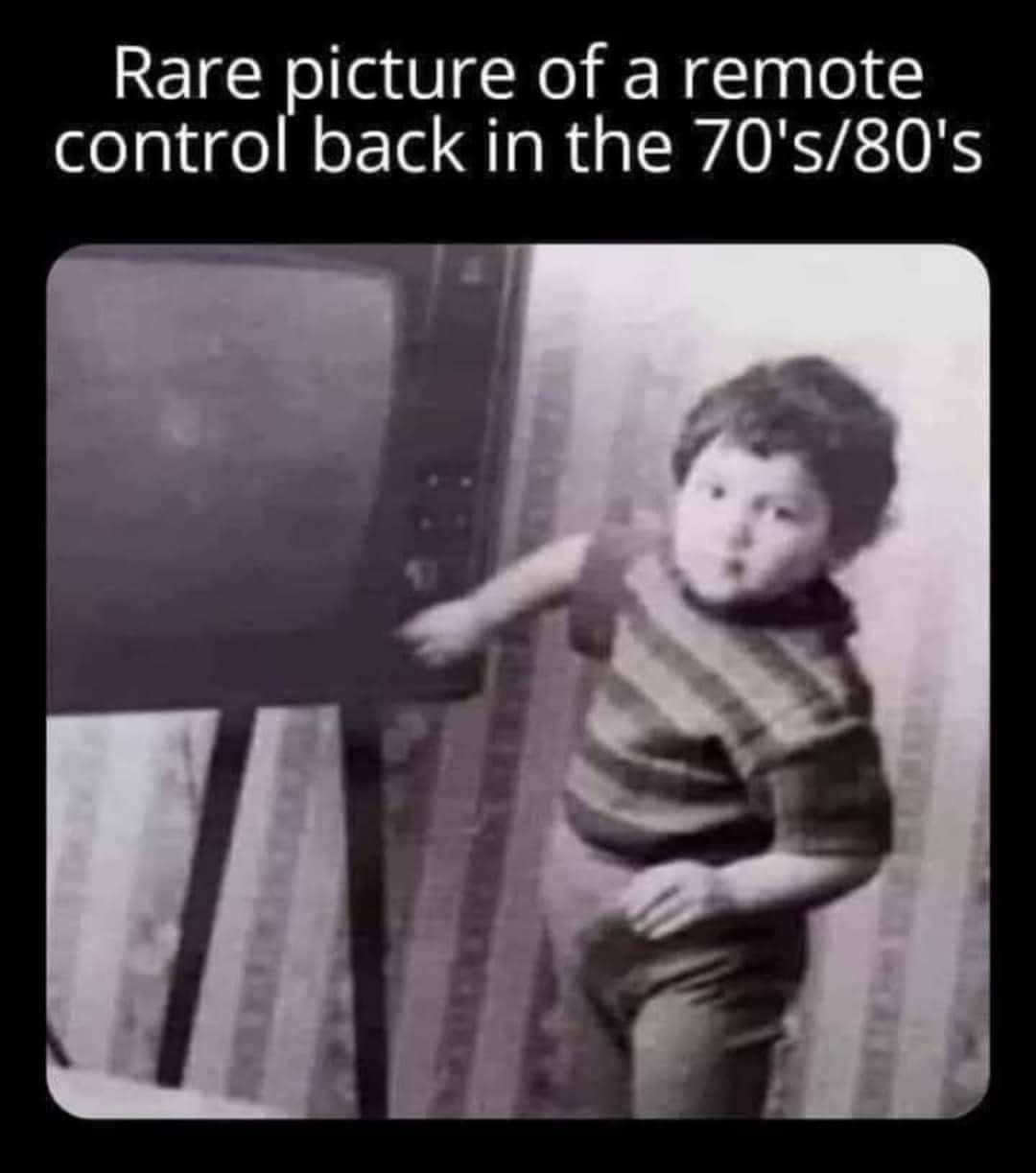

I think that I may have jinxed myself by being so grateful for all of the new things in my life this Thanksgiving. This week alone I found out that our longtime beloved family dentist has brought on a new associate dentist, and plans on retiring soon, and our longtime dog (whisperer) groomer, has moved. (Trip, our spicy Boykin spaniel, who likes only about one-and-a-half people beyond our family members is in for a rude awakening today, and so is the new groomer. Wednesday Bloody Wednesday)
Is it possible that both quotes, shown above, can be true at the same time? Like all opposite statements in this world, there can be truth to both sides. Two opposite “truths” can exist, and even thrive in the same world. Rarely does black and white thinking apply to anything as much as we seem to want it to, for our own feelings of security and control and peace of mind. The truth is, for me, before our longtime dentist and faithful dog groomer, we utilized the services of another dentist and another dog groomer, both whom I thought were incredible and irreplaceable. Both of whose services I seriously mourned when they moved on. Dare I say now, that their replacements turned out to be just as good, and perhaps even better than the ones before them? Is it possible that we will feel the same way about this new set of providers after a period of time? Usually, variety shows that many people have many different strengths, and often you don’t notice weaknesses in someone or something familiar, until you experience the contrast of a strength in someone, or something else.
We love our old, reliable, standbys because we have invested time and energy in them. We have stories with the people and the places and the services that we have experienced year in and year out. We have history. But often we feel unexpected delight and surprise when we try new things and we get new experiences under our belts, which after a while, often become our new favorites, until these “new things” become so familiar that they are transformed into our current reliable standbys. We tend to grow and blossom with the new knowledge and experiences in our lives, but yet the old will always be part of the root system from which we grow. The treasured previous people/places/things give us a format and a platform to better understand the contrasts and the nuances of new things. Plants need strong roots and vital new growth in order to thrive. So do we.
Are you passing on love or are you passing on pain? Heal your pain and pass on love.



